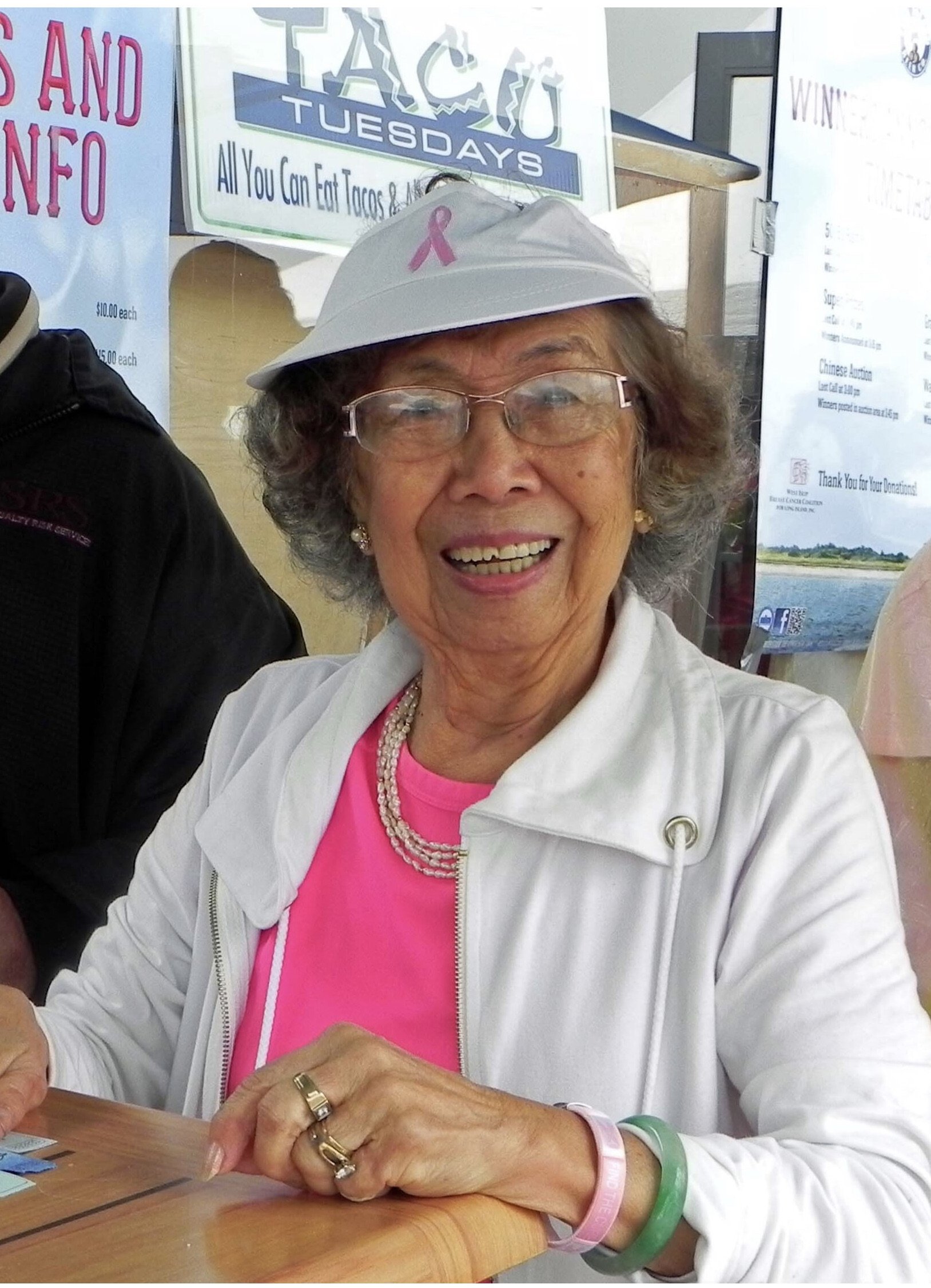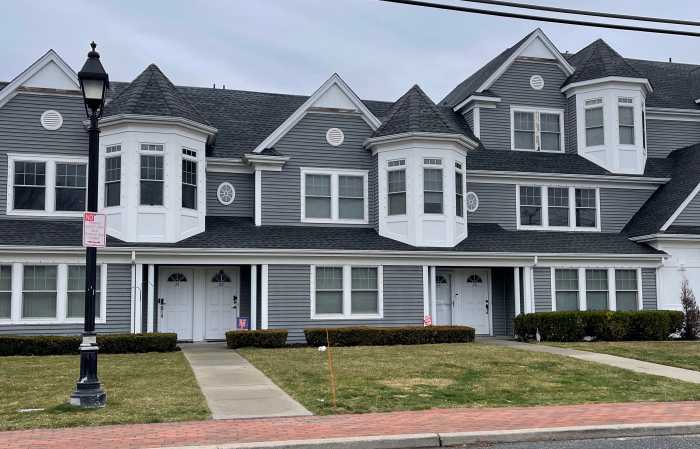
Arthur Lem was one of the chief architects of Kismet’s development in the 1950s and ‘60s. His wife, Rose, was by his side and at his back. Rose Lem led an extraordinary life, passing last year in November, a few weeks shy of her 101st birthday. Born in Baltimore, she moved to Washington D.C., living with her parents and five siblings in an apartment above their laundry. Rose excelled in school but when her mother became seriously ill in 1934 her father brought the family to China where relatives could provide care and support while he returned to America. Life was difficult at first for the American-born children but Rose did well in school, learning to speak Chinese and participating in sports. When her mother and her younger brother died, Rose, at 16, became head of the family there. When the Japanese invaded China in 1938 and the bombing grew close she convinced her siblings they must escape. With money sewed into their underwear, the children took a dangerous journey to Hong Kong, a ship to Vancouver and a train back to Washington, arriving on the Fourth of July. Her father took them for fireworks at the Lincoln Memorial. That national holiday was always very important to Rose.
Rose met Arthur Lem in Washington. They were married in the early 1940s, moving to Hempstead where she waited tables in his new restaurant. When her husband was arrested and deported for immigration violations – the Chinese Exclusion Act of 1882 was not repealed until 1943 – she opened a food and gift shop to support the family. She also wisely invested in stocks and real estate.
After the devastating hurricane of 1938 and the WWII years, the 1950s were a boom time for the development of Fire Island, especially Kismet.
Arthur returned to America and became a citizen. He partnered with George Helm and Alan Hathaway to invest and build in Kismet’s Lighthouse Shores, including the Boatel, the first Out restaurant and 30 houses. Married to a man depicted by Pulse Magazine in 2015 as “probably the most famous Chinese person on Long Island,” Rose was the counterpoint to his exuberance, entertaining his business associates, raising their sons and handling the paper work for these enterprises.
“She was always good with numbers,” commented Kismet Inn owner Larry Cole. Rose was described as “beautiful, elegant and charming” by her friend, Marija Beqaj, whose family were early residents of Lighthouse Shores.
After her husband’s death Rose remained a part of the Long Island and Kismet communities. She continued to work with the Chinese Center of Long Island, which she and Arthur together helped establish. After Arthur’s passing, she set up a scholarship in his name. Rose was one of Kismet’s most dedicated volunteers. She was a reliable presence at Kismet’s Clam Shucking charity events, greeting everyone as she sold food and raffle tickets. Rose also established the Arthur Lem Memorial Children’s Fishing Tournament, which remains a popular annual event to this day.


























